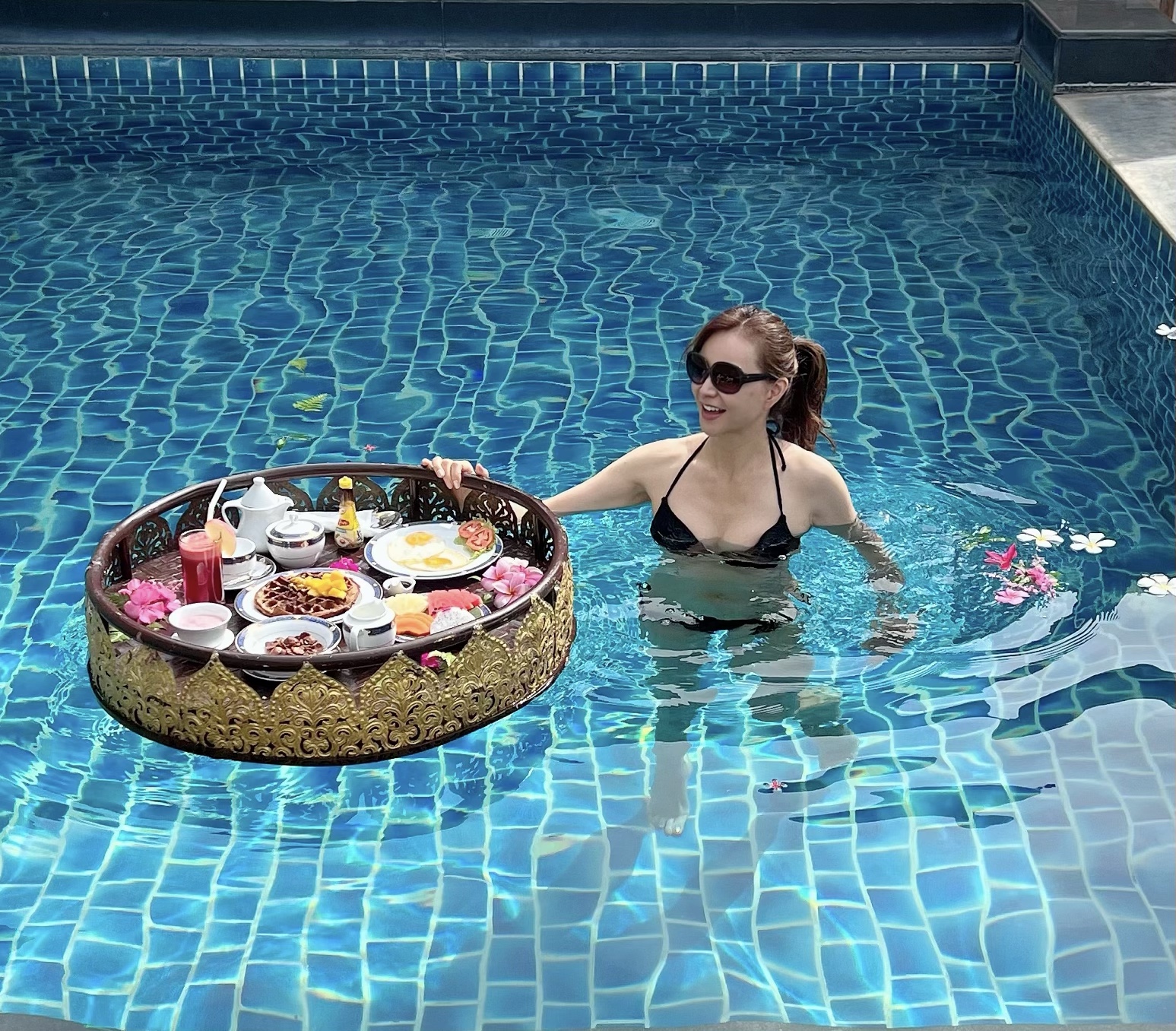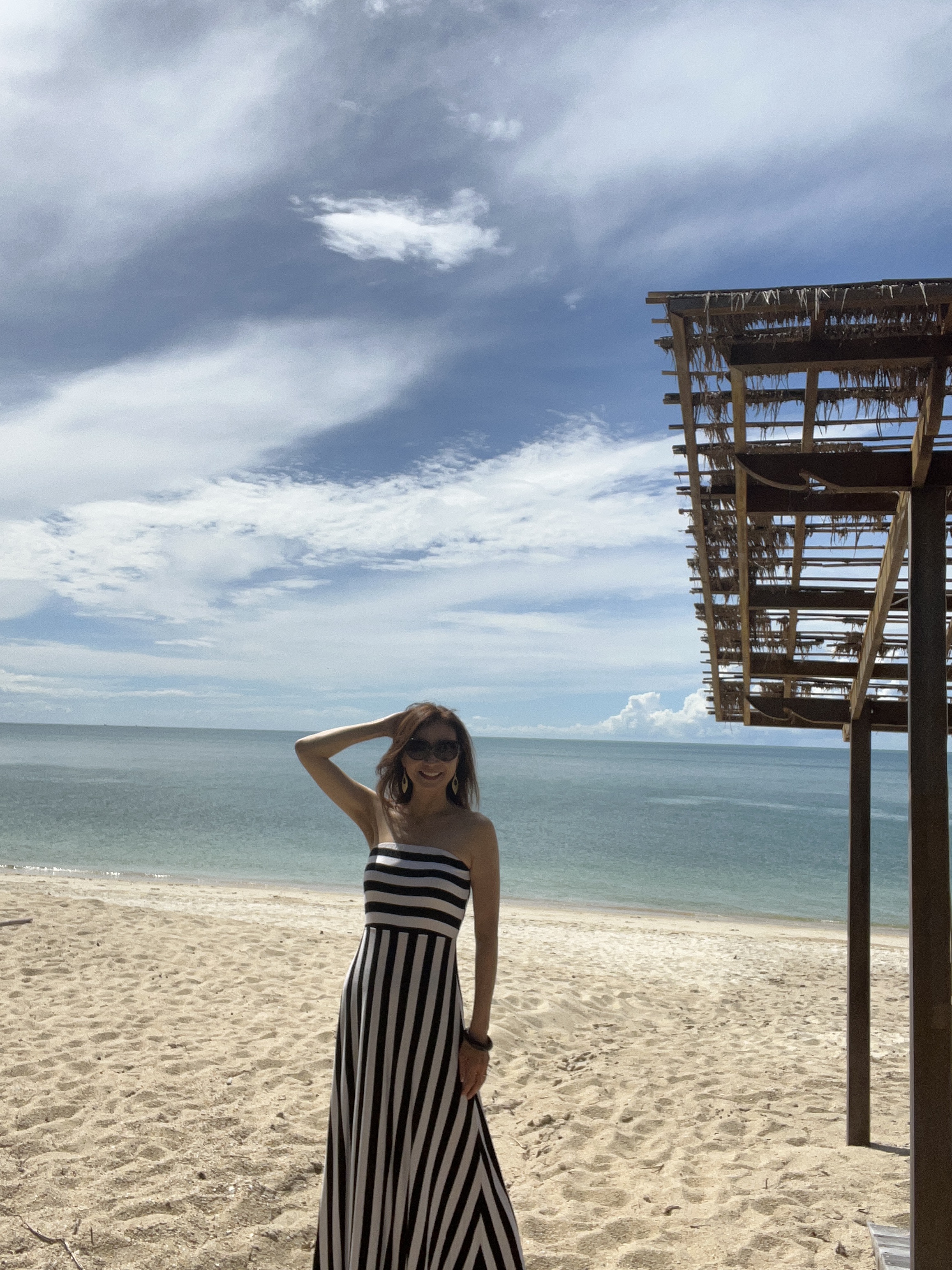許し : Forgiveness
ごきげんよう。
オフィス・ミコト トリリンガル研修講師 CHO YOKOです。
本日のお題、
『許し』

あなたは過去に
『忘れられない様な酷いこと』
をされたことがありますか?
どうしてずーっと引きずるのでしょうか…?
自分や他人を許す事は難しいことです。
しかし「許すこと」は本当に価値があることです。
(分かっちゃいますけどね…)
恨みを抱いたり、他人から傷つけられたことを反芻したりすると、健康に害を及ぼすことが研究で明らかにされています。
そして他人の不義を許せるようになると、この精神的・肉体的負担が大幅に軽減されることが明らかになります。
私たちは危害を加えられたり、傷付けられたり、裏切られたりすると、とても傷つき苦しみます。
そして何度も何度も思い出して自分の中で勝手に再生して何度も何度も怒りや動揺を経験してしまうのです。
このようなネガティブな感情は、交感神経系を活性化させ、心臓を刺激し、血圧を上昇させます。
しかしこれらの「二次的被害(思い出して苦しんだりすること)」は全て自分自身が自分に与えているものなのです。
もし加害者について許さないのではなく、許す方法で考えると、感情・生理的反応、そして変えられない過去に対するあらゆる負の連鎖を変えることができるかもしれません。

=許し=
許しとは、私たちを傷つけたり、不当な扱いをした人に送る “贈り物” だと考えています。
実は… “許し” は自分自身への贈り物でもあるのです。
車を運転する時前方を見ますよね。
バックミラーばかり見て運転はしませんよね。
そういうことです。

人はどうしても過去に起こったことに取り付かれ虜になってしまうものです。
そのため前方を見ないでバックミラーばかり見てしまうのも仕方がないと言われています。
許すとは…、最終的に “許す” というその行為でなく、「あなたを傷つけた人」と「あなたの関係」についてのことなのです。
もしあなたがその人を許せば、あなたは未来をその人と共有するチャンスを得ることができるのです。
(まぁ、共有したくない、二度と会いたくない人もいますね)
許すことによって私たちは自分を傷つけた相手だけではなく自分自身のためにも新しい可能性を切り開くことができるのです。
ミロスラフ博士が言うように「許しが起こるときはそれはゼロサムゲームではありません。許せば人生はより良くなるのです。」
=Dr, Miroslav says ” When forgiveness happiness, it’s not a zero-sum game. Life becomes better when we forgive “.

But all these secondary harms – they’re ones that we inflict on ourselves. Buddhism teaches about this phenomenon in the famous parable of the second arrow. Our enemy may fire an arrow at us, but our reaction to their attack often means getting hit by a second arrow to – the one we fire at ourselves through our strong negative reactions.
Holding a grudge that causes negative emotions to well up inside us for years after a painful event is very much a “second arrow”.
That’s some wise advice. But what are some strategies for becoming more forgiving?
“There is a sense of release,” says Miroslav. “We are fascinated, we’re captured, we’re held captive by what has happened in the past. We don’t look ahead, but in the rear-view mirror. What forgiveness does is allow us to look into a future not filtered through the past.”

投稿者プロフィール

最新の投稿
 研修講師2024.03.12“3秒” の差が質を上げる
研修講師2024.03.12“3秒” の差が質を上げる お知らせ2024.01.01新たなお正月を恭しくお祝い申し上げます
お知らせ2024.01.01新たなお正月を恭しくお祝い申し上げます 50代美容情報発信局長2023.09.29心の美 “Inner qualities are more important than outward appearance.”
50代美容情報発信局長2023.09.29心の美 “Inner qualities are more important than outward appearance.” お知らせ2023.08.04全ては『自己受容』から
お知らせ2023.08.04全ては『自己受容』から


